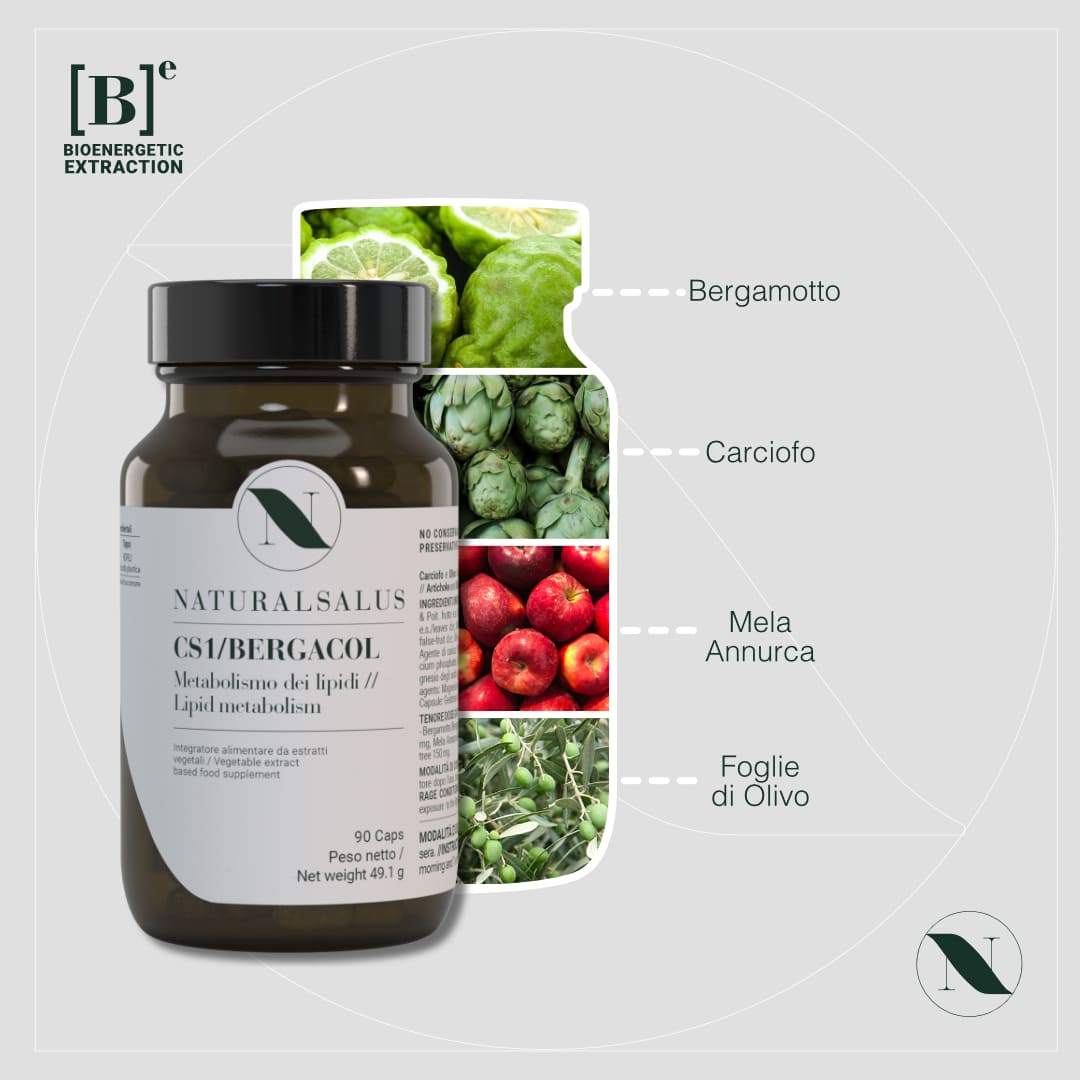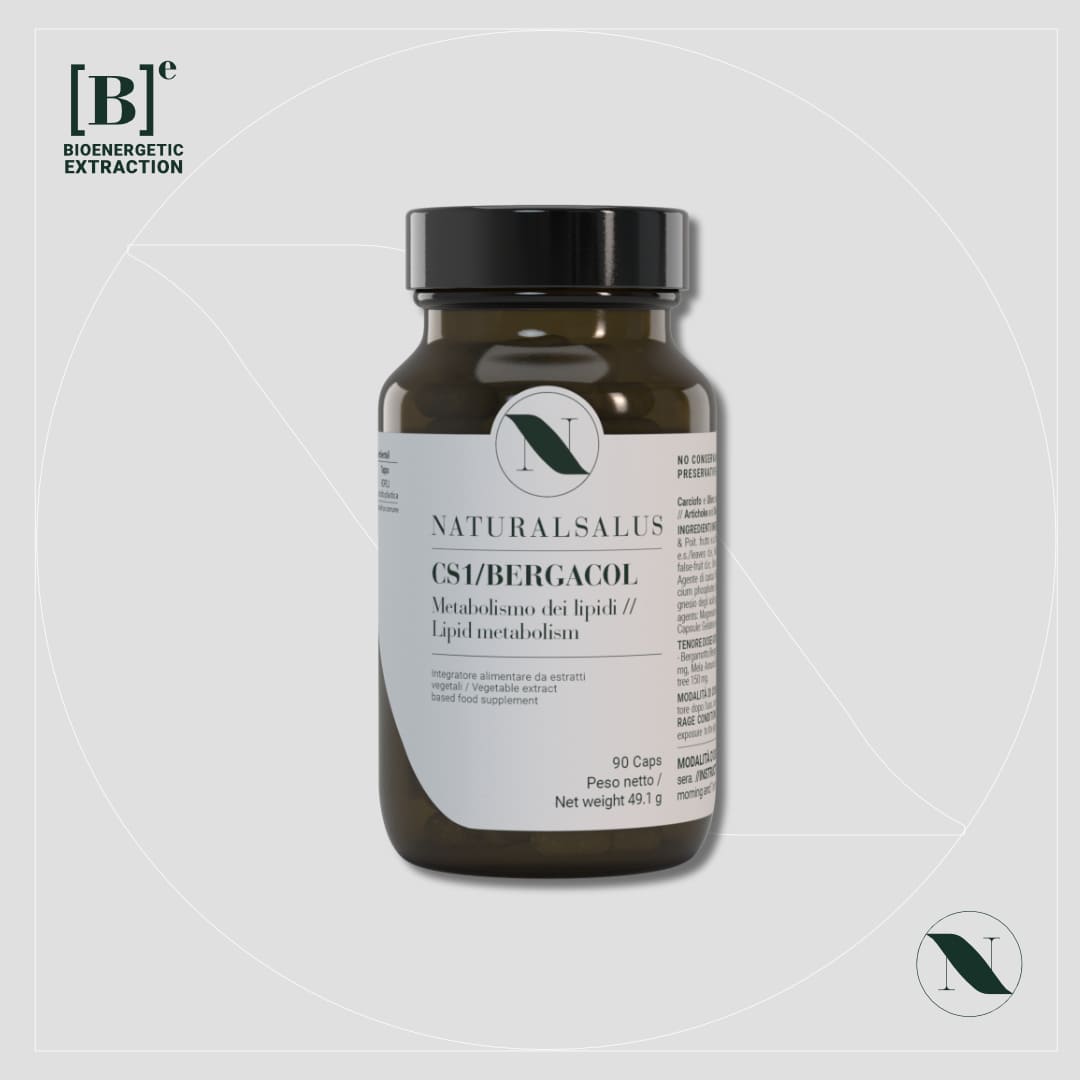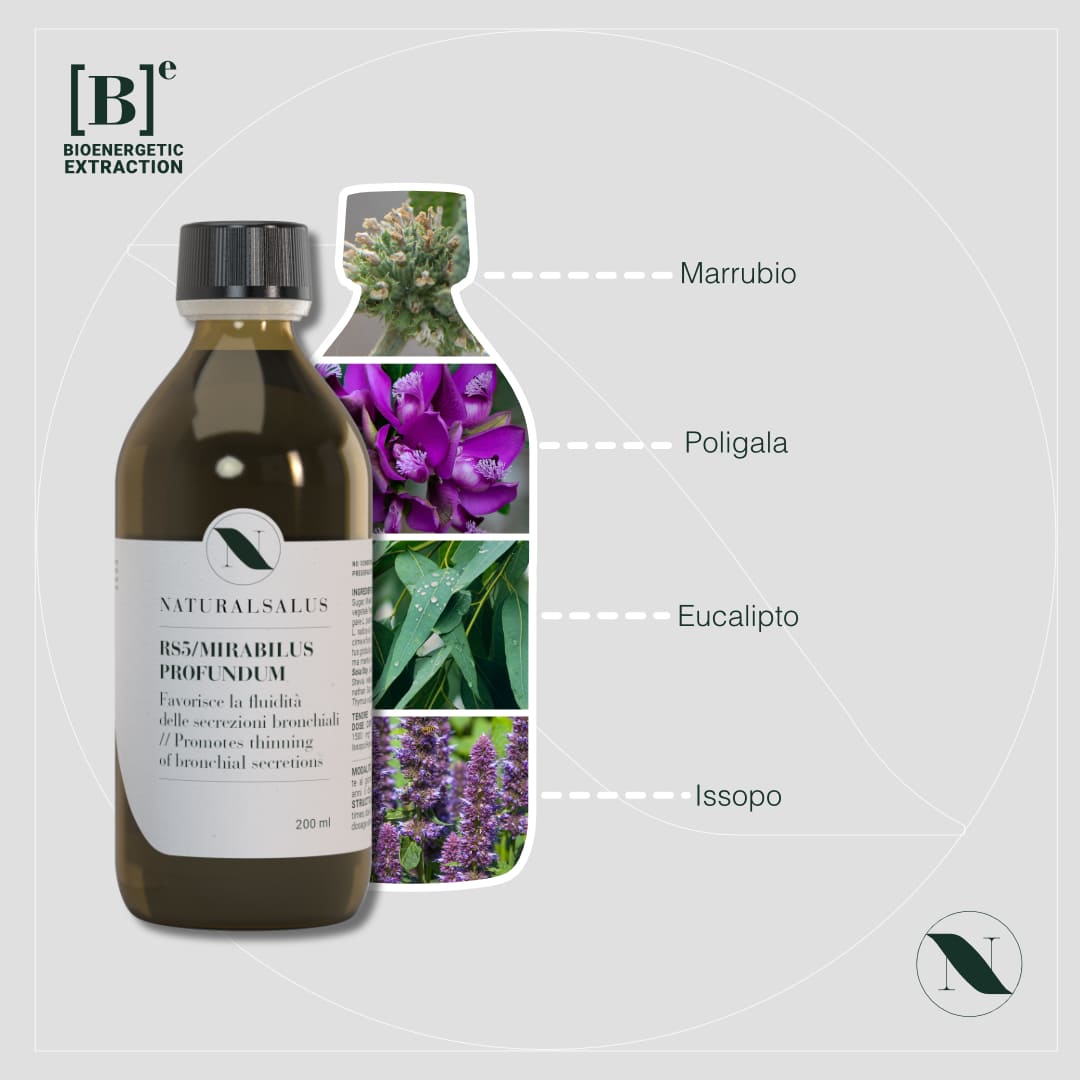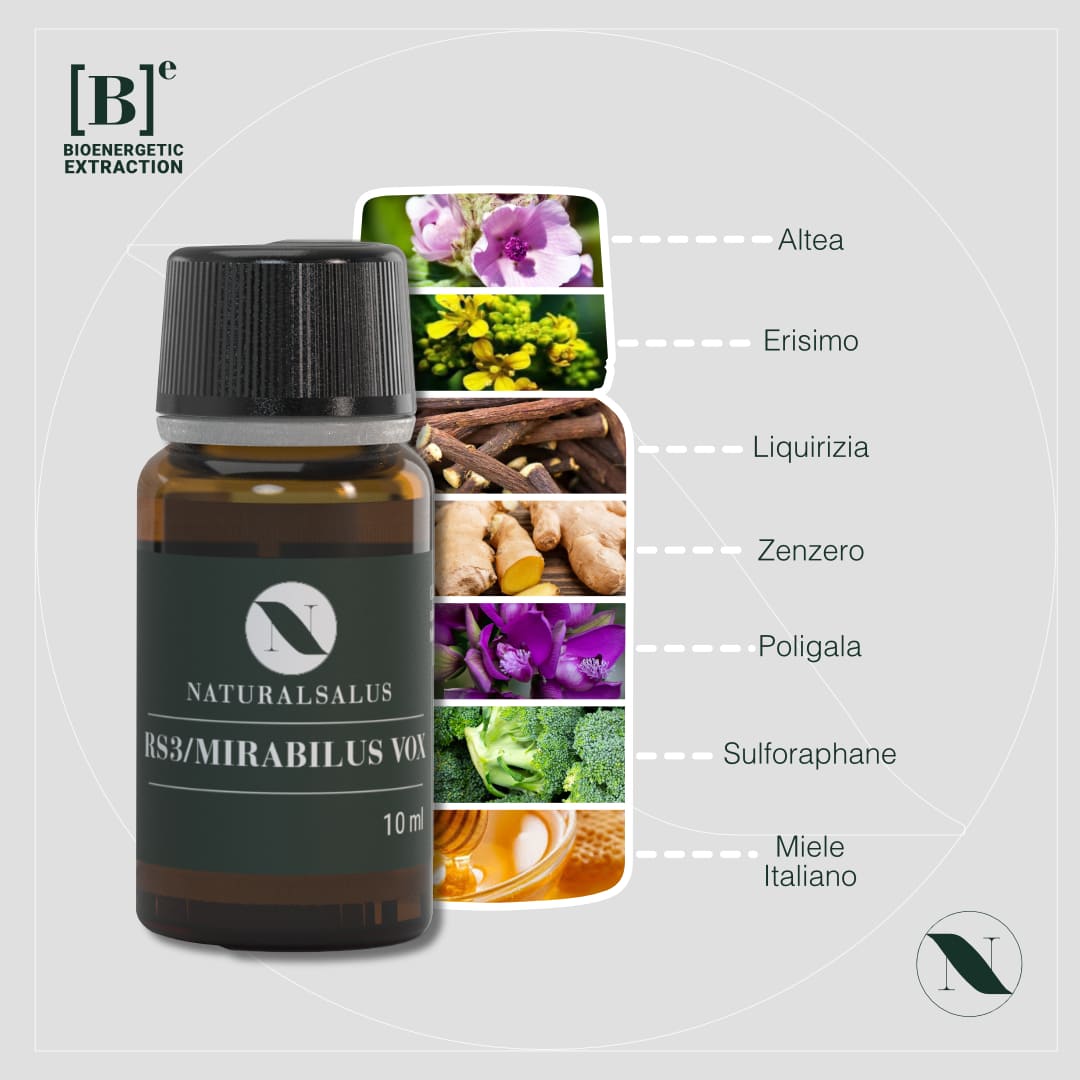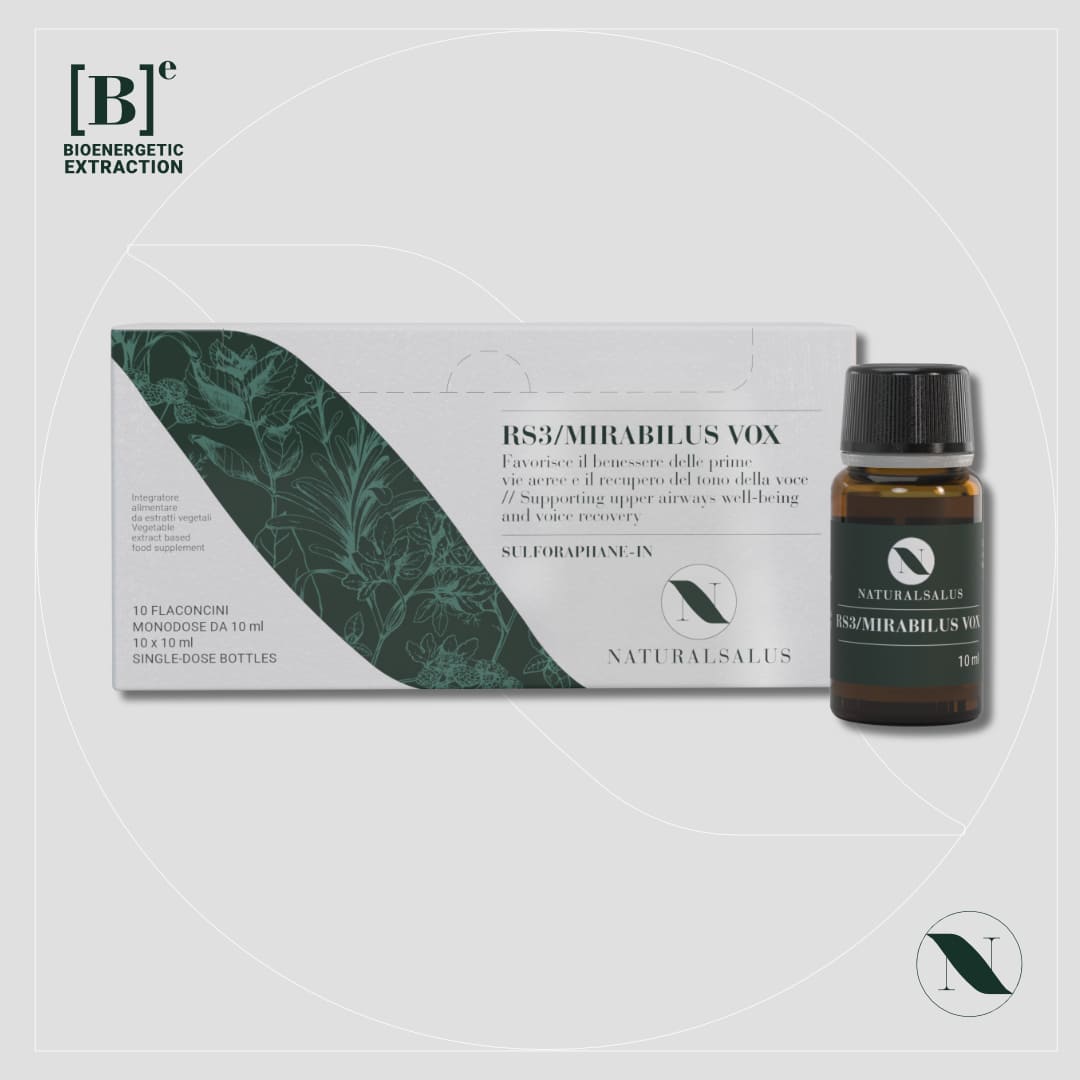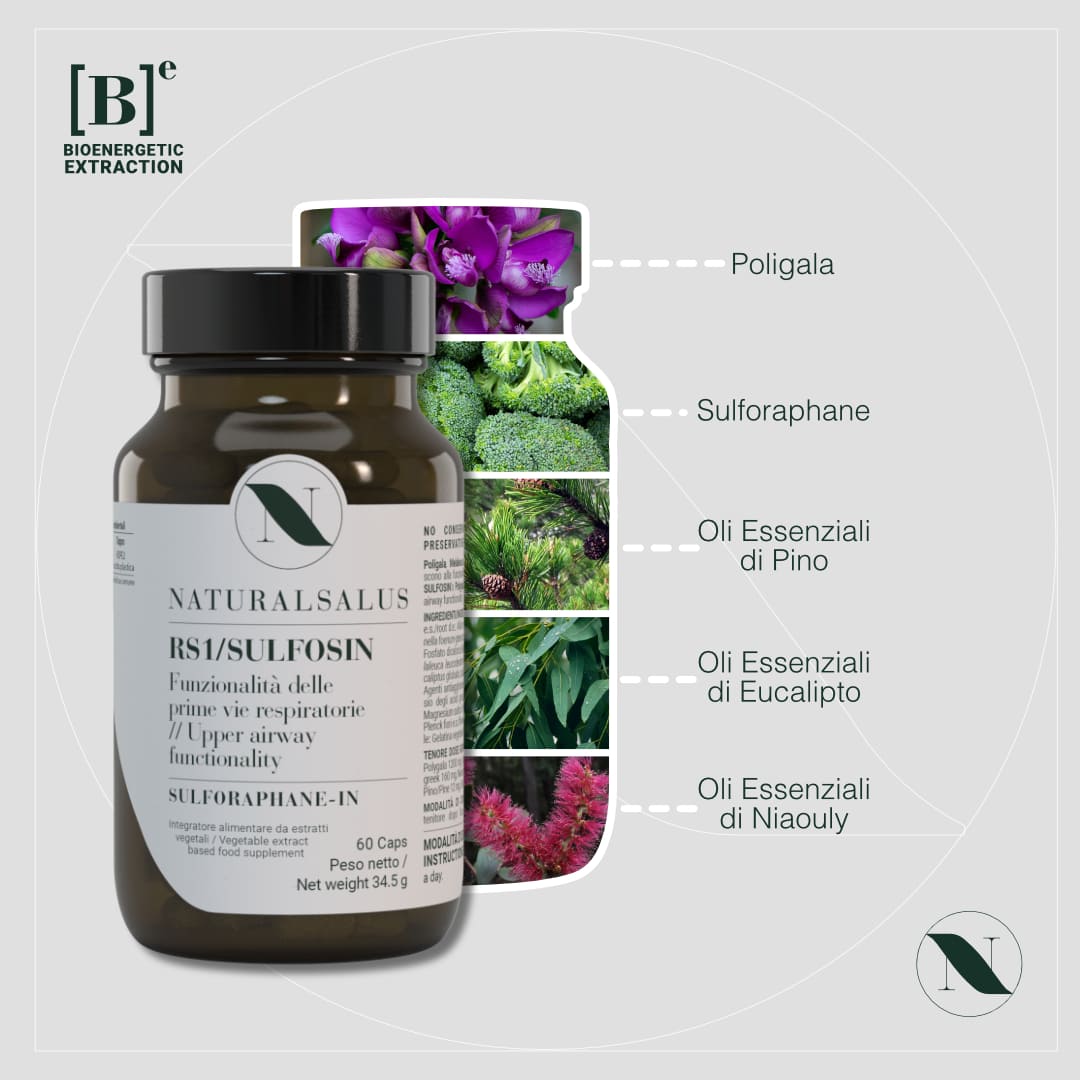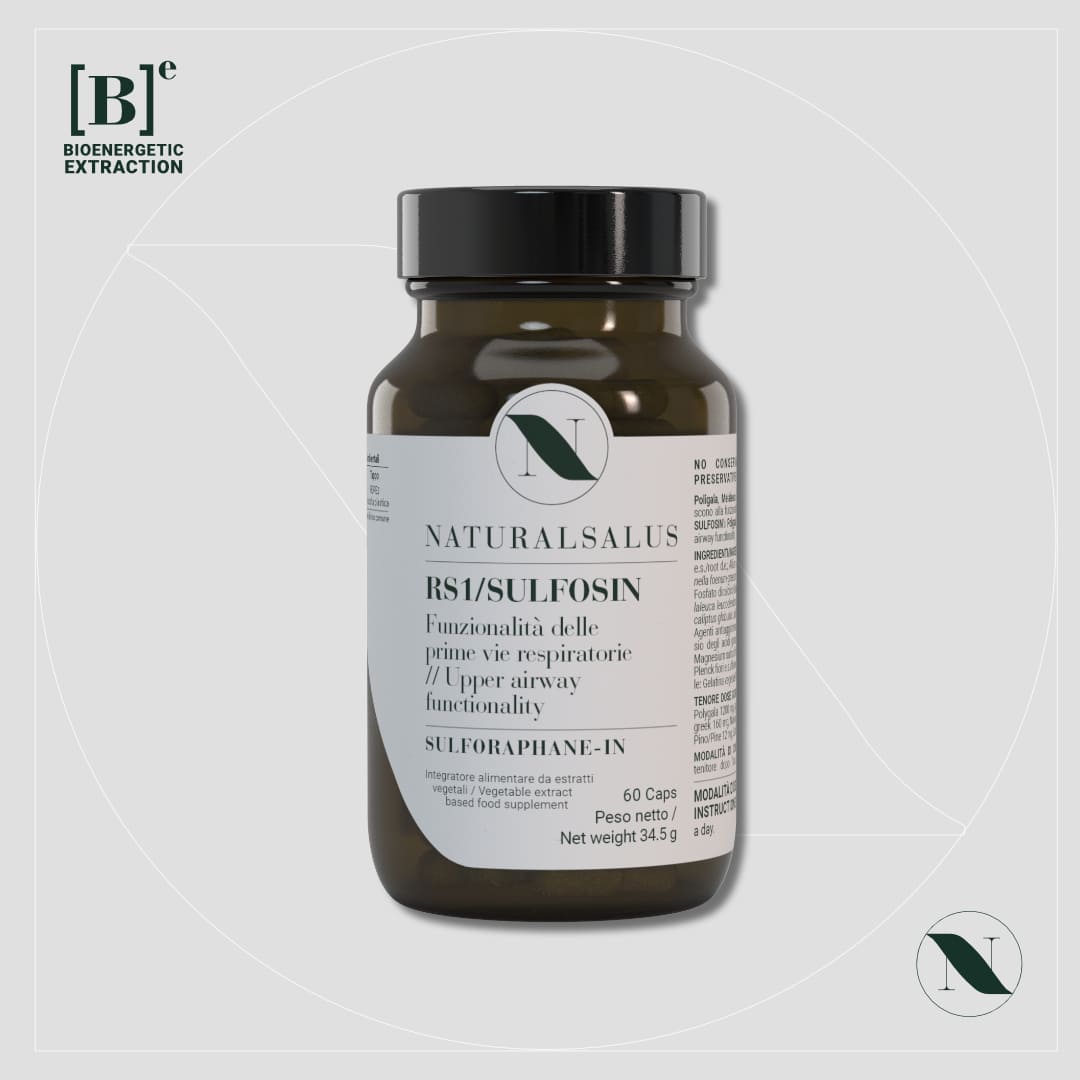Gastroesophageal reflux affects many people. Let's try to explain the symptoms and causes starting from how the stomach works, all the way to our tips for feeling better.
The problem of gastroesophageal reflux
Gastroesophageal reflux consists of the escape of gastric juices into the esophagus and often causes annoying heartburn. Suffering from gastroesophageal reflux is very common in today's society.
"When this disorder persists, it is not only bothersome for those affected, but in the long run, it can cause further and more serious problems such as ulcers, chronic esophagitis and can sometimes even degenerate into more significant esophageal conditions."
Causes of gastroesophageal reflux
"The causes of gastroesophageal reflux are multiple and depend greatly on individual lifestyle. Among the most common, we find:"
· acute and/or chronic stress;
· smoke;
· alcohol consumption;
· particularly spicy or rich in proteins and fats;
· accumulation of free radicals;
· the presence of the bacterium Helicobacter pylori.
Seeing this list, we understand why gastroesophageal reflux can be considered a "modern" disorder. Most of the factors listed are difficult to avoid in our daily lives, but taking care of our well-being and our bodies is essential to avoid unpleasant conditions that can worsen over time and to live in good health.
The function of the gastric juices produced by the stomach
The gastric juices produced by the stomach have the function of continuing the digestion of food, which ideally has already begun during chewing. This process is necessary to make the nutrients absorbable by the intestine.
To perform its job, our stomach produces gastric juice which is composed of various components, and has a pH of 1; it is the most acidic substance that our body can produce. The main component in gastric acid, responsible for the acidity, is hydrochloric acid. The presence of this acid along with pepsins, also produced by the stomach cells, helps us digest most of the proteins that we ingest. Moreover, gastric acid has the function of disinfecting the food we eat. A large number of bacteria and viruses that may be present in our food cannot survive in such an acidic environment. Gastric acid is so concentrated that it could even dissolve the cells of the stomach itself. However, this does not happen because they have developed defense mechanisms to protect themselves from their own product.
How does the stomach protect itself from gastric juices?
The stomach must protect itself from gastric juices to avoid damage; it therefore produces gastric mucus, the main component of which is the so-called mucin. Mucin functions to adhere to the walls of the stomach, thus creating a protective layer against gastric acidity and pepsins. Furthermore, the muscles around the opening between the stomach and the esophagus close tightly when we are not ingesting food to prevent gastric acids from migrating towards the esophagus. However, due to various factors that are becoming increasingly common in today's society, gastric juices sometimes manage to bypass this barrier reaching the esophagus, thus causing a burning sensation. In these cases, we refer to gastroesophageal reflux.
The curious case of Helicobacter pylori.
For a long time, it was thought that the stomach was a sterile environment, given its high concentration of gastric juices and its acidic pH. It was only in 1983 that the presence of a gram-negative bacterium was discovered, which could not only survive in such a harsh and hostile environment but even proliferate there. The name of this bacterium is Helicobacter pylori (H. pylori).
Since its discovery, it has created a lot of controversy. Not only could it survive gastric acids, but several studies have found that it could be the cause of gastritis and even some forms of ulcers and tumors. Our relationship with this bacterium seems to be even more complicated. In fact, many people who host Helicobacter pylori are asymptomatic and do not suffer from particular disorders. Some studies attribute this fact to the condition of their physiological defenses. So if our current state of health is compromised, H. pylori has the potential to cause imbalances. In other words, if our gastroesophageal physiological condition is compromised, the bacterium tends to aggravate disorders that we perceive through its activity.
How to counteract gastroesophageal reflux?
There are several ways to counteract the onset of gastroesophageal reflux or to combat the problem. In general, a healthy lifestyle and a balanced diet help to prevent the onset of gastroesophageal reflux. Being careful not to eat too many meals rich in proteins and fatty acids ensures that stomach acidity does not increase, as well as being careful not to consume too many alcoholic beverages. Finding ways to take care of oneself or reduce the stress of everyday life can further help to reduce stomach acidity that affects many individuals exposed to stressful situations. Naturally, everyone reacts subjectively to these factors, therefore it is important to listen to the signals our body sends us and act when needed or, even better, prevent this condition.
A natural aid produced by NATURALSALUS
A natural aid against reflux is produced by NATURALSALUS, which has created DS2 REF-LUX HERBA to provide support for the protection of the stomach and esophagus from gastric juices. The herbs that make up this product have been chosen to create an additional protective layer on the inner walls of the stomach. This additional protective layer is mainly formed thanks to the presence of Sodium Alginate and Potato Starch. Sodium Alginate is a polysaccharide capable of creating a mucilage that protects and reduces inflammation of the mucosa. Potato Starch, on the other hand, neutralizes acidity, reducing the burning sensation caused by reflux. Licorice and Centella, with their anti-inflammatory and reparative action, limit the damage caused by gastric juices. Additionally, they have a relaxing effect, countering nervousness and irritability. Chamomile is a plant known for its spasmolytic action and reduces stomach pain due to muscle contraction that often accompanies reflux problems. Furthermore, chamomile is used to counteract unbalanced emotions and nervousness. Greek Mastic makes the environment inhospitable for Helicobacter pylori, a bacterium that can often be the cause of reflux or further aggravate symptoms if present in a person at risk. Finally, Sulforaphane not only has antioxidant and protective action but inhibits the growth of the bacterium Helicobacter pylori.
Research sources
Denisse Bravo, Anilei Hoare, Cristopher Soto, Manuel A Valenzuela, and Andrew FG Quest, Helicobacter pylori in human health and disease: Mechanisms for local gastric and systemic effects. World J Gastroenterol. 2018 Jul 28; 24(28): 3071–3089. Published online 2018 Jul 28. doi: Asima Bhattacharyya, Ranajoy Chattopadhyay, Sankar Mitra, and Sheila E. Oxidative Stress: An Essential Factor in the Pathogenesis of Gastrointestinal Mucosal Diseases. Physiol Rev. 2014 Apr; 94(2): 329–354.
www.humanitas.it/malattie/helicobacter-pylori-infezione
Young Hee Choi, You-Jin Kim, Hee-Sung Chae, Young-Won Chin, In vivo gastroprotective effect along with pharmacokinetics, tissue distribution and metabolism of isoliquiritigenin in mice. Planta Med. 2015 May;81(7):586-93. doi: 10.1055/s-0035-1545914.
Mustafa Cemek, Ezgi Yilmaz, Mehmet Emin Büyükokuroğlu, Protective effect of Matricaria chamomilla on ethanol-induced acute gastric mucosal injury in rats. Pharm Biol. 2010 Jul;48(7):757-63. doi: 10.3109/13880200903296147.
Tomofumi Miyamoto, Tadayoshi Okimoto, and Michihiko Kuwano, Chemical Composition of the Essential Oil of Mastic Gum and their Antibacterial Activity Against Drug-Resistant Helicobacter pylori. Nat Prod Bioprospect. 2014 Aug; 4(4): 227–231. Published online 2014 Jul 19. doi: 10.1007/s13659-014-0033-3.
Akinori Yanaka, Role of Sulforaphane in Protection of Gastrointestinal Tract Against H. pylori and NSAID-Induced Oxidative Stress. Review Curr Pharm Des. 2017;23(27):4066-4075.doi: 10.2174/1381612823666170207103943.





